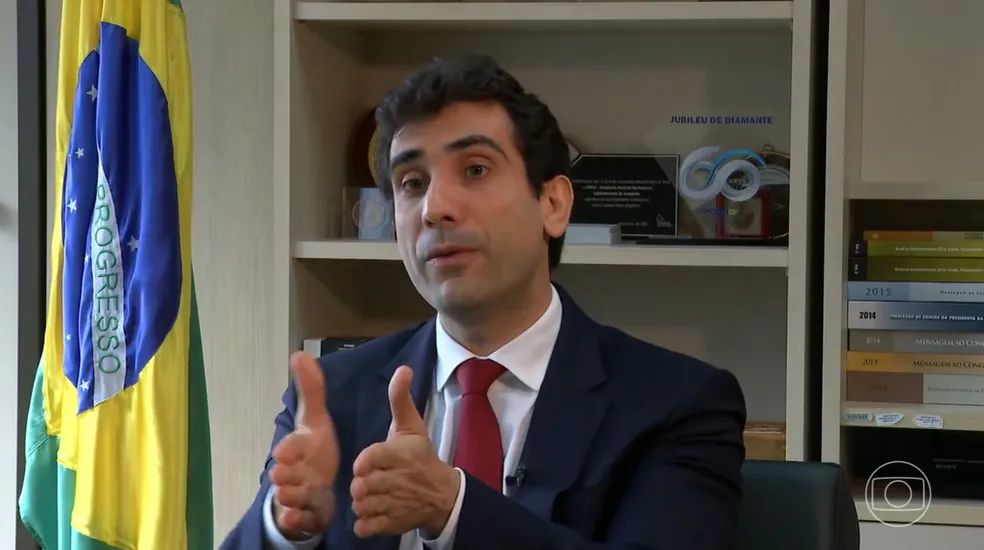President of Brazil's Central Bank Says Stablecoins Linked to Tax Evasion, Money Laundering

Gabriel Galipolo, the newly appointed President of the Central Bank of Brazil, has shed light on the alleged association of stablecoins and illicit financial activities within the Latin American country. According to Galipolo, a significant portion of crypto transactions in Brazil involves stablecoins, which are digital currencies designed to maintain a stable value by being pegged to traditional currencies like the U.S. dollar.
Initially, the Central Bank viewed the surge in stablecoin usage as a response to the public's desire for an accessible means to hold dollars. Galipolo noted, "We assumed that it was probably an easier way to have an account in dollars." This perspective, however, has shifted as more data suggested that stablecoins are not just tools for investment but are increasingly used for cross-border payments that skirt around legal scrutiny.
Regulatory Concerns and Potential Impact
Galipolo claims that these transactions often serve to facilitate purchases from abroad and are being used to evade taxes or launder money. He pointed out the troubling trend where stablecoins provide an "opaque vision" for those looking to avoid taxation or engage in money laundering. This critique extends to the privacy aspect, which he views with skepticism, suggesting that the search for privacy is often a cover for illegal activities. He stated, "Most citizens seeking privacy are probably doing it because they are buying things and don’t want to declare what they are buying because they want to avoid some type of taxation."
This revelation from the Central Bank of Brazil points towards a potential regulatory clampdown on stablecoins and crypto. In late 2024, the bank floated proposals that would equate the regulation of stablecoins with that of foreign currencies, possibly leading to a ban on private ownership of these digital assets. Such regulations would also have a ripple effect on the growing decentralized finance (DeFi) sector in Brazil, where private management of stablecoins is crucial for many operations.

